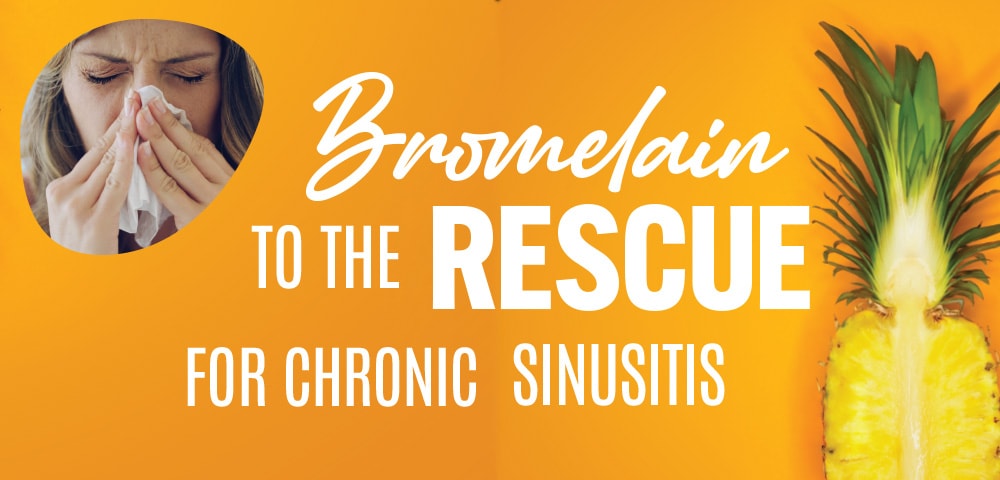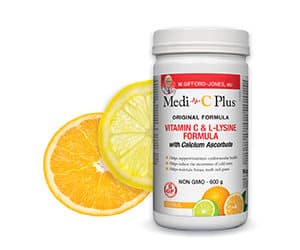
Chronic rhinosinusitis (CRS) is one of the most common lingering medical conditions worldwide.
CRS affects one in seven people each year in the U.S., compromising the quality of life (QOL) in all age groups. CRS had a more significant effect on social function, an essential aspect of QOL, than ischemic heart disease, chronic heart failure, or rheumatoid arthritis, based on how miserable the symptoms were. Even so, little is written about CRS, treatment is controversial, and it is often misdiagnosed or underdiagnosed. CRS is characterized as infection and/or inflammation lasting over three months. The most common symptoms include sinus inflammation/pain, runny nose, postnasal drainage, blocked nose, headaches, decreased sense of smell, fatigue, irritability, dental pain, and pain around the eyes, cheeks, and forehead. Unlike a cold, these symptoms don’t disappear within a week.
CRS has various causes, but it usually involves an upper respiratory infection (such as a cold) or an allergic reaction that causes inflammation and swelling, and prevents the sinuses from draining properly. When sinuses become blocked, they provide a place for bacteria, viruses, and fungi to live and multiply. I can attest that CRS is difficult to treat, even with repeated rounds of antibiotics, antihistamines, decongestants, and corticosteroids. Until I experienced a case of CRS, I did not realize how much it would negatively affect my overall well-being. After several doctor visits, I saw a specialist who recommended aggressive antibiotic treatment for six weeks. In my case, I had gone deaf in both ears, and thankfully the antibiotic helped with this, but other debilitating symptoms lingered, and surgery was my next stop. Surgery is often not the answer, but many people, like me, reach a point where there doesn’t seem to be any other option. The latest Cochrane Review, considered the gold standard in medicine because it is less biased and more conservative, states that surgery offers no advantage over medical treatment. With my background as a naturopathic doctor, I kept thinking about natural options, especially bromelain. What could it hurt? I was already miserable.
Enter Bromelain
Many people are aware of the powerful anti-inflammatory effects of bromelain, an enzyme found in pineapples. Clinical trials have confirmed its effectiveness as an analgesic/anti-inflammatory for use in both rheumatoid arthritis and osteoarthritis and other inflammatory disorders. Bromelain got my attention when I saw a study on its ability to penetrate the blood and the mucous lining of the sinuses (sinonasal mucosa) in individuals with CRS.
Results of bromelain studies include:
- Children with acute sinusitis treated with bromelain recovered from their symptoms more quickly than children administered standard treatment.
- 85% of subjects treated with bromelain experienced complete relief from nasal inflammation, compared to 40% of subjects in the placebo group.
- Bromelain is thought to work by inhibiting the synthesis and accumulation of prostaglandins (fatty acids that promote inflammation).
- Bromelain also improves the health of cells and tissues in the lungs and reduces levels of immune cells involved
in asthma attacks.- Combined bromelain and antibiotics have been shown to be more effective than antibiotics alone in a variety of conditions, including sinusitis.
When I started taking bromelain daily, my symptoms disappeared.
– Karen Jensen, ND
Natural Remedy
Bromelain can be very effective for most people in reducing swelling, inflammation, pain, and other sinusitis symptoms. Look for bromelain supplements that contain 500 mg per capsule.
Some people with more allergic sinusitis may want to combine bromelain with quercetin, which can act like an antihistamine. Probiotics, or “friendly” bacteria, may also be helpful, especially if you have taken antibiotics for sinusitis. Neti pot or saline sinus sprays are also beneficial.
Caution: Bromelain may increase the risk of bleeding, so people taking anticoagulants (blood thinners) should discuss this with their health care practitioner.














